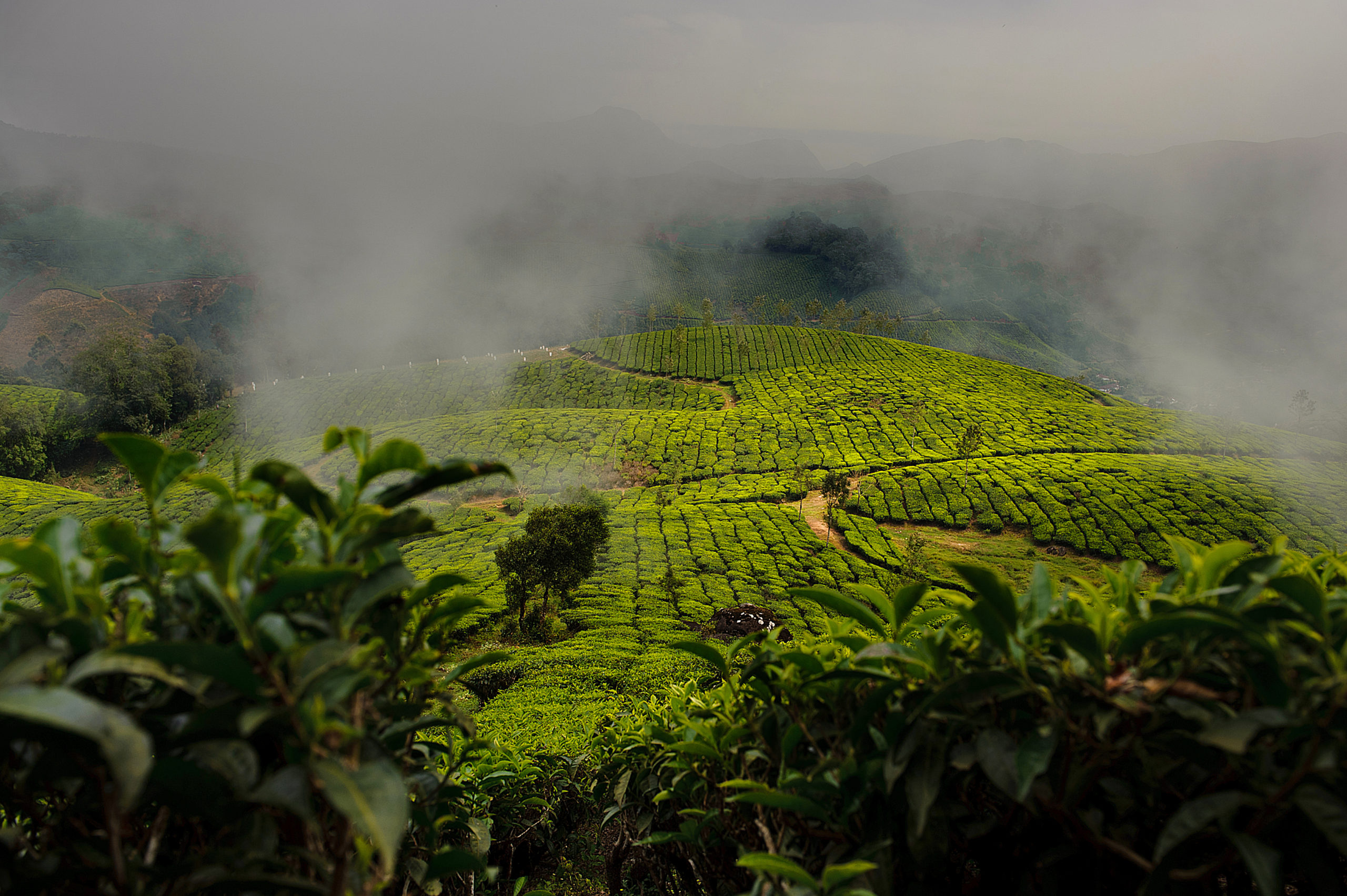It may not be obvious to some, for example, within how many areas of life of Japanese civilization one can actually observe this aforementioned tea’s influence. The sense of aesthetics, cultural moral compass, sphere of religion, realm of art, even the very sense of existence – each of these aspects of both spiritual and physical life has been in some way influenced by something, which within our culture is considered to be merely a tasty beverage. „The outsider may indeed wonder at this seeming much ado about nothing. What a tempest in a tea-cup! he will say”- writes Kakuzo Okakura (1983-1913). He is the author of, one might say, the compendium of tea culture – „ Book of Tea”, created in 1906 – and a devotee of a philosophy known as ‘teaism’. We believe that everyone would agree- he does have a point. The concept of an almost religious cult revolving around, in our understanding, an ordinary drink does actually occur as particularly abstract. However, within this article, supporting ourselves with citations of „Book of Tea”, we are going to try to make this concept a bit more familiar.

Another wisdom, with which one can equip oneself through practicing teaism, is a higher level of tolerance towards another human being. For tea ceremony – such a significant ritual for each member of the Japanese culture- is a multigenerational tradition, which does not recognize the division into classes. The scent of tea „[…] has permeated the elegance of noble boudoirs, and entered the abode of the humble. Our peasants have learned to arrange flowers, our meanest labourer to offer his salutation to the rocks and waters.” The tea has always been therefore a social bonding agent, an element shared by each and every one of the citizens- regardless of one’s status quo or financial standing. It has therefore also always been an element generating the sense of solidarity and fellowship. „It represents the true spirit of Eastern democracy by making all its votaries aristocrats in taste.” To this day it can be hence considered to be the low tide of prejudice and classism, as the evidence for the fact that every human being deserves some everyday bits of beauty and luxury.
For some, the tea will always be ‘just tea’. However, the tea itself and the rituals surrounding it can also constitute a treasure trove filled with valuable lessons. In the end, we are the ones who decide, how much value we give to the elements of the world around us.



